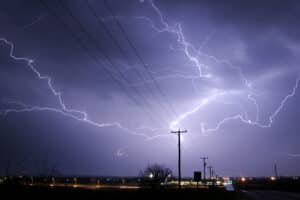
Most of us don’t really want to think about emergency situations arising or what we made do when it happens. We like comfort. We like things to be safe. We prefer things to remain the same. However, emergencies happen all the time. Even if we, personally, have not been touched by a true emergency in the past and may never throughout our lives, in might happen to people we care about.
What kinds of emergency situations could arise that affect an assisted living community? A strong storm can knock out power, even for days. A brutal winter storm can descend upon us, dumping feet of snow, making roads impassable, and isolating people in their homes or those elder care communities.
The pandemic of 2020 is another example of an emergency. How did assisted living handle that situation? For us, it was unprecedented, so many communities had to improvise and figure a way out or through and at least protect their staff and residents the best they could.
Most assisted living communities will have a number of emergency protocols in place to handle a wide range of potential problems, including hurricanes for those that are along the coasts, wildfires, tornadoes, and these days mass shootings or weather related situations that cut electricity off. With terrorism on the rise, and our electric grids exposed, there could be a very real risk of having power cut for weeks, maybe even communication lines severed for extended lengths of time.
What does an assisted living community do in emergencies?
The basic protocols will likely be very similar from one emergency to the next. In the event of a lockdown, they may reach out to next of kin to keep them informed on what’s going on. This can be true of hurricanes, tornadoes, fires, and much more.
In an evacuation, when residents need to be removed from the facility for any number of reasons, communication may follow a similar pattern. Next of kin or emergency contact individuals may be notified first. After that, it might be incumbent upon family and friends who were first notified to relay that information to others who are concerned.
How can you find out what would happen in an emergency?
Speak to an administrator. While they may assure you that emergencies are very rare or they haven’t had to deal with any direct impacts from emergency situations, they should have some type of protocol in place on how to handle certain situations should they arise in the future.
If somebody is opposed to sharing information about what they have done in the past or would do in the future, that could be a red flag that they either don’t have an emergency protocol in place, staff members are unfamiliar with them (which is a huge red flag), or some other situation is in the forefront of their thoughts, leading to them not wanting to offer much information.
None of these scenarios bode well for residents or those considering moving to assisted living in the future. Just make sure you know there is a plan, they practice it, and what to expect in the event an emergency arises in the future.
If you or an aging loved one are considering a move to assisted living in Sun City Summerlin, NV, please contact the caring staff at Golden Brook today. Call (702) 931-0055
Golden Brook Residential Care Home is an assisted living facility located in Henderson, Nevada. The facility offers a variety of services to seniors who need assistance with their activities of daily living. These services include 24/7 care, medication management, meal preparation, laundry, housekeeping, and much more. The facility also offers activities such as bingo, exercise classes, and gardening to promote social interaction among residents. Overall, Golden Brook Residential Care Home provides a safe and comfortable environment for seniors who need assistance but still want to maintain their independence.
Our caregivers and staff members treat our clients, residents, and their families with the utmost respect. Our focus is to provide the highest quality of care and service with compassion and dignity.
- Helping Seniors Simplify Their Surroundings - April 4, 2025
- Is Your Senior Ready for a Move to Assisted Living? - March 21, 2025
- How Medical Advocacy Helps Seniors Manage Chronic Conditions - March 14, 2025




